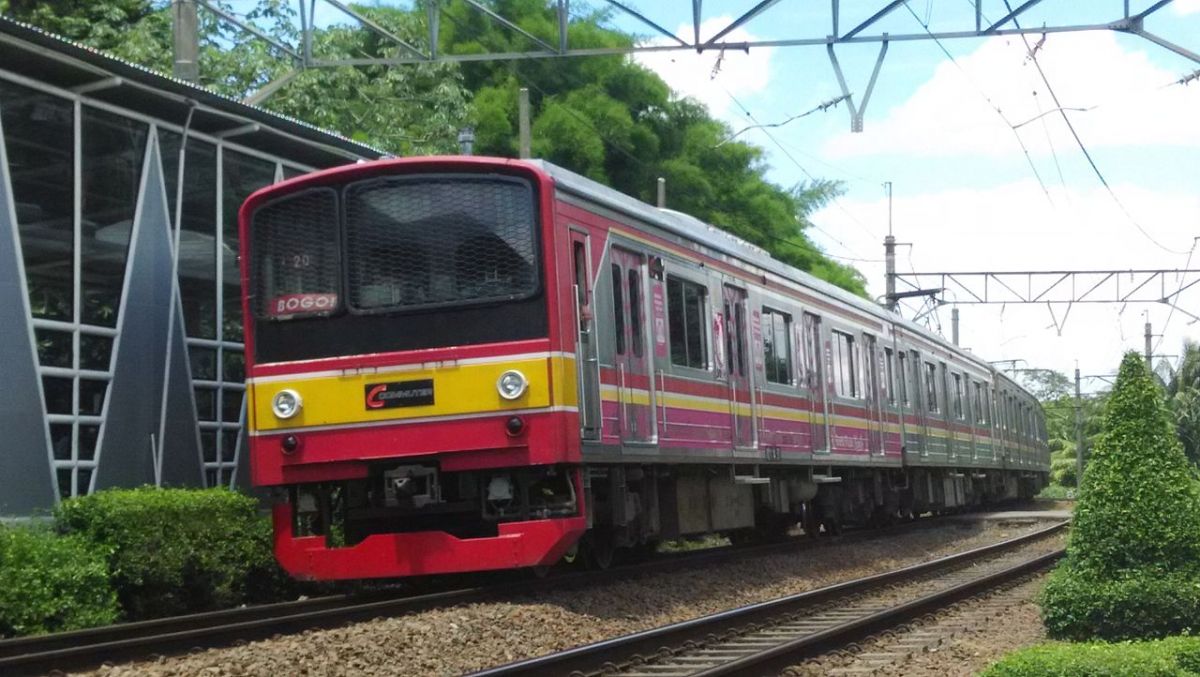The KRL Commuterline, the most popular rail-based transit system connecting the Greater Jakarta Area cities, may temporarily suspend operations in the near future in a bid to curb the spread of COVID-19, with officials from the central and regional government considering the possibility.
Recently, with the implementation of the Large-Scale Social Restrictions (PSBB) protocol in Jakarta and its satellite cities, KRL Commuterline has been required to cut operational capacity and hours. But without a significant reduction in passenger numbers, this has led to overcrowding at stations and on board trains.
Penumpang KRL Commuterline di Stasiun Bogor menuju Jakarta terlihat padat meski PSBB sudah mulai diberlakukan. Meski imbauan untuk menjaga jarak disampaikan pihak PT KAI namun penumpang tetap sulit menghindari kepadatan penumpang. #MetroHariIni pic.twitter.com/BL7OaVXtWY
— METRO TV (@Metro_TV) April 13, 2020
Perjalanan KRL dari arah Bogor menuju Jakarta pagi ini masih tetap dipadati penumpang di jam-jam sibuk. #kumparanNews https://t.co/t7VyqsJUGY
— kumparan (@kumparan) April 16, 2020
West Java Governor Ridwan Kamil, whose administration covers satellite cities Bekasi, Bogor, and Depok, said a plan is now in place to conduct a trial shutdown of the KRL Commuterline on Saturday when Banten province’s Greater Tangerang Area also officially implements its PSBB protocol.
“We will evaluate [shutting down KRL Commuterline] after that,” Ridwan Kamil said, as quoted by Detik.
An actual shutdown would be in effect for as long as PSBB still applies in any of the Greater Jakarta Area cities. PSBB is valid for 14 days and may be extended if officials deem necessary to contain the outbreak. Jakarta’s PSBB began on April 10, while Tangerang is the latest to implement PSBB among the Greater Jakarta Area cities with a scheduled start date of April 18.
Acting Transportation Minister Luhut Pandjaitan and Jakarta Governor Anies Baswedan say they are quite hesitant in shutting down KRL Commuterline due to its essential service to the region. Anies argued that overcrowding in trains happened because workplaces in Jakarta are disobeying work from home requirements as regulated under PSBB, and that his administration will focus on enforcing that rule instead of shutting down the transit service.
KRL Commuterline is heavily relied upon by commuters coming from the satellite cities to work in Jakarta. In 2019, the KRL Commuterline operator claimed that the service sees an average of 900,000 passengers per day.




